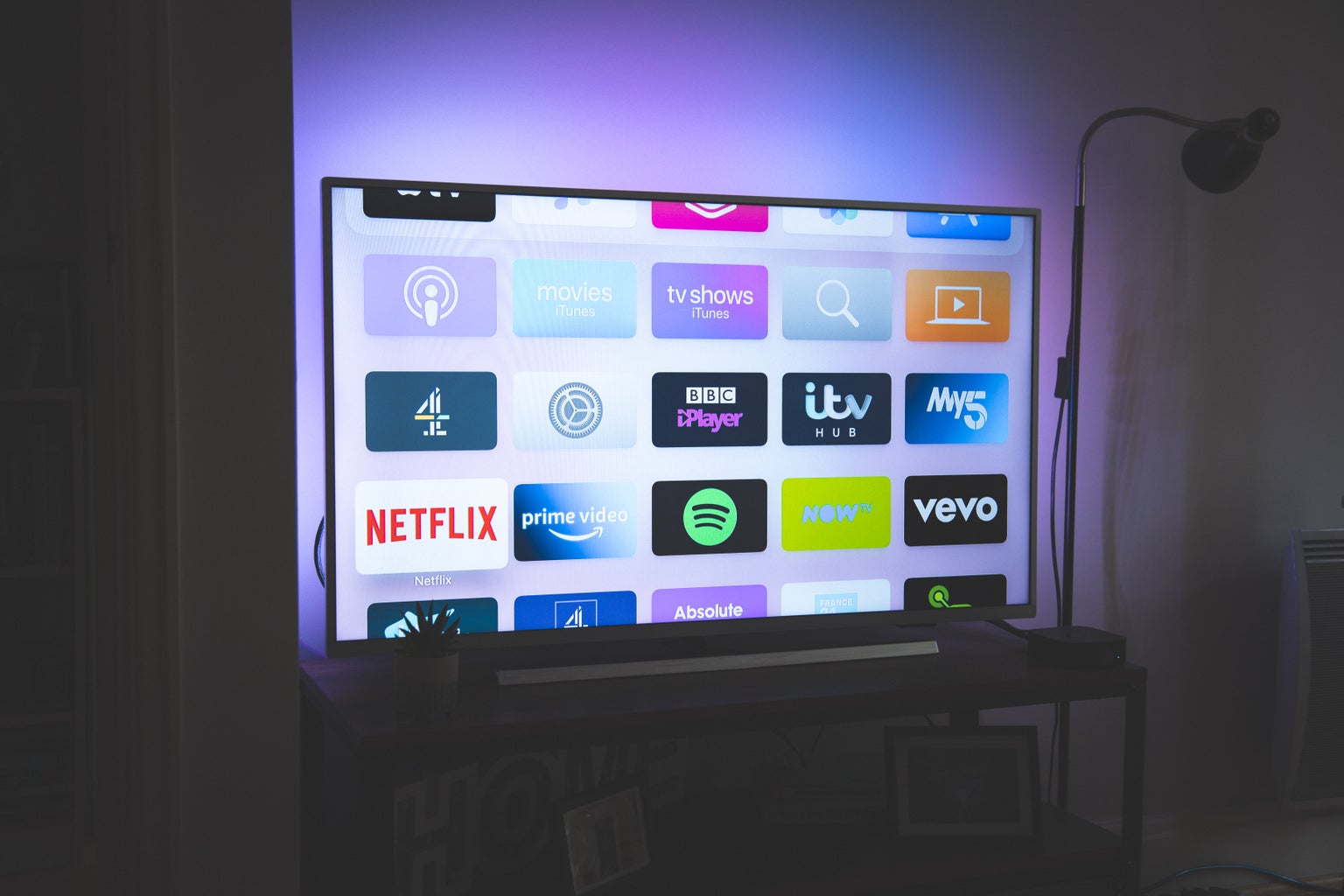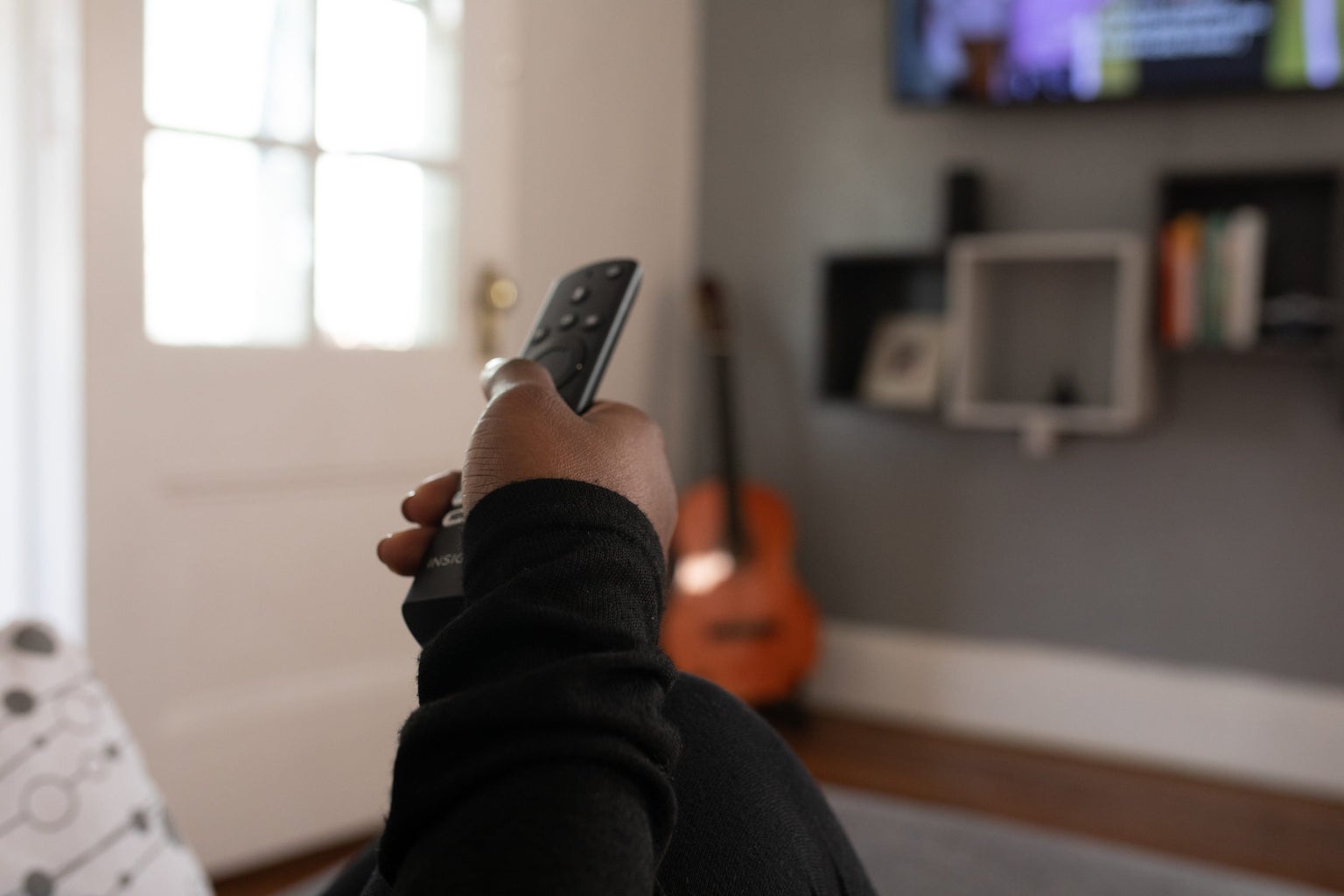When first viewing the trailer for Sia’s 2017 movie Music, I was met with Kate Hudson’s wild child character receiving a letter from her deceased grandmother, begging her to return home to take care of her “magical” little sister. The little sister happens to be autistic. The camera spans over to Maddie Ziegler’s character, headphones on, staring into space as if she does not have a thought in the world. For the duration of the trailer, Sia definitely intends to portray her autistic character this way: lost and disconnected, solely viewing the world through bright, colorful (ironically over-stimulating) music numbers, all while bearing an exaggerated, mocking smile on her face. I do not feel represented by this movie, a sentiment similarly shared across the neurodivergent community.
I am highly critical of how the media depicts people with autism. Ranging from Rain Man to Music, to The Good Doctor to What’s Eating Gilbert Grape, the media portrays those on the autism spectrum solely in terms of stereotypes.
There’s the savant stereotype – the portrayal of the autistic individual who “overcomes” his autism to do the unbelievable. He has some superhuman talent – whether that is in terms of memory, musically, etc. He achieves in spite of his autism. And I say “he” because odds are, the autistic character in question is a male (the character is also invariably white — as the most representation of autism is that of a white male). In the show The Good Doctor, the neurodivergent protagonist is portrayed as socially awkward, sometimes insensitive to coworkers and patients alike, and fumbling in terms of reading social cues and navigating romantic and work relationships. But, as the show portrays, he has the miraculous talent of a nearly eidetic memory and miraculously overcomes these obstacles to achieve his feats, such as becoming a residential surgeon at a prestigious hospital.
Then there’s the caretaker trope – the storyline that focuses on a neurotypical person being forced to care for their neurodivergent loved one, and the former ultimately being portrayed as a savior, making endless sacrifices and ultimately “changing for the better” in their role as the caretaker. In Music, Kate Hudson’s character, the older sister, is portrayed as putting her life on hold and making the ultimate sacrifice in caring for her sister. She is seen as heroic, selfless, and, though I have not seen the film, probably says something along the lines of “I didn’t save her, she saved me.” This trope is especially seen in real life, as Mommy Bloggers with autistic children especially proclaiming themselves as bearing burdens — whether that be in the form of live-streaming their children’s, generally violating their child’s privacy, etc.
There’s a multitude of stereotypes and tropes I can include. But these pieces of media perpetuate dangerous ideas, such as that either all autistics are geniuses or that autistics are burdens to their loved ones.
In addition to that, those stories are told by neurotypical people. Sia is not autistic and therefore cannot make a story about autism. When someone criticized Sia for not casting an autistic actor, her statement was “That actor simply wasn’t good enough for the part” or making excuses that the set would’ve been too overwhelming for an actually autistic actor.
I have yet to find an autistic character (played by an autistic actor) in which they are not a savant of some sort, the subject of a caretaker’s attention, or an overall caricature of stereotypes. I have also yet to see a lot of autistic characters that do not fit the cisgender, white, heterosexual male mold.
The media put forth to the world should reflect a variety of experiences and a diversity of backgrounds. Autistic individuals, like other identities, are generalized to a singular experience by society and are aided by media sources that ignore how neurodiversity can take the form of a multitude of characteristics and ignore intersectionality — that, for example, autistic WOC exist.
First and foremost, autistic voices must be listened to and amplified (especially POC autistic voices). The media, along with the rest of society, has a responsibility to listen to these voices, and represent these experiences accurately and respectfully on screen.




